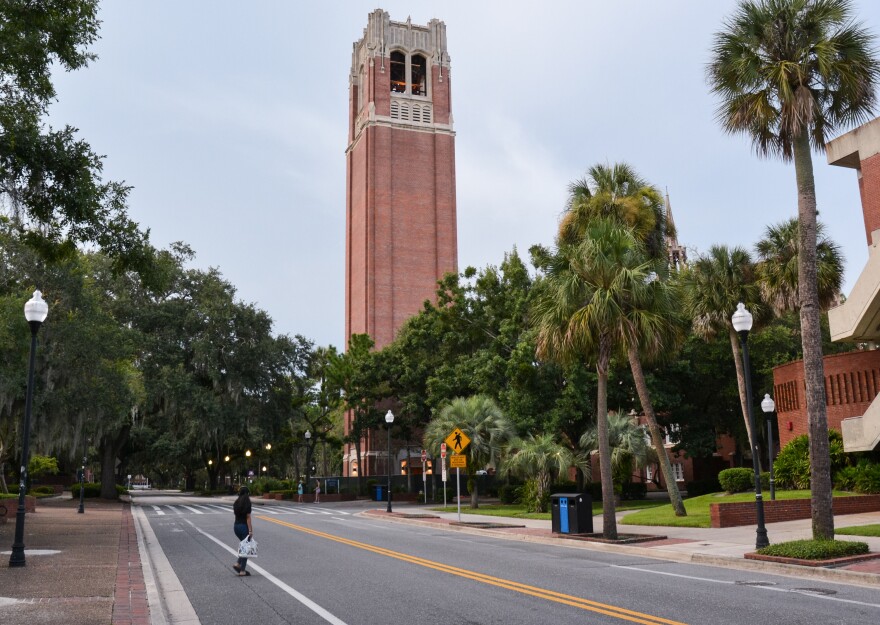A U.S. House subcommittee is investigating whether the University of Florida interfered with academic freedom and free speech when it stopped three professors from testifying as experts in a lawsuit challenging Florida’s controversial election law.
The university subsequently reversed course.
Members of the House Subcommittee on Civil Rights and Civil Liberties sent a letter to UF president Kent Fuchs on Thursday requesting documents and communications regarding the creation of the school’s conflicts-of-interest policy.
It also sought documents about its denial of faculty requests to engage in outside activities.
Professors Daniel Smith, Michael McDonald and Sharon Wright Austin were first denied access to testify because it went against the university's interests. After the story gained attention, the school modified its prohibition. It said the professors could testify, but only if they were not paid or used university resources.
Last year, the school changed its policy by requiring university employees to get approval before engaging in outside activities.
Prior to learning about the university's change, McDonald noted the important difference compensation makes in expert testimony.
"If we were volunteering, then we are no longer experts." McDonald told The Florida Roundup earlier this month. "Witnesses are advocates. And so, as a legal matter, the compensation is actually tied to whether or not we are dispassionate experts who are evaluating the facts of the case versus advocates who were volunteering their time to work on behalf of the plaintiffs in the case."
WLRN reporter Tom Hudson contributed to this report.



